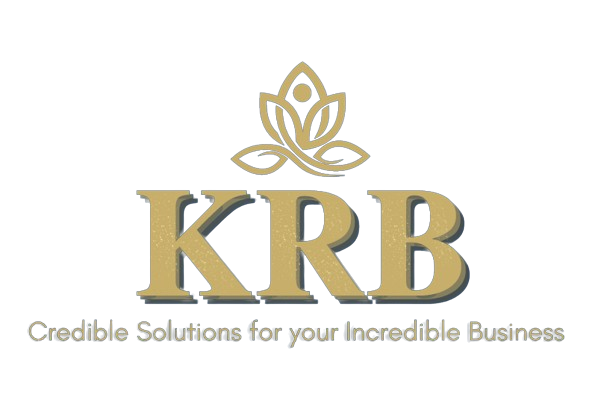Copyright Objection
Copyright is a type of intellectual property right that provides creators with exclusive rights over their original works, such as literary, artistic, musical, or dramatic works. However, copyright infringement issues can arise, and you may receive an objection from someone claiming ownership of your copyright. At Corpbiz, we understand the importance of protecting your intellectual property rights and offer Copyright Objection Services to help you resolve any disputes and protect your original work.
We will discuss the regulations applicable to copyright objections in India, the eligibility criteria for filing a copyright objection, the documents required for filing a copyright objection, the procedure for responding to a copyright objection, and the benefits of using our Copyright Objection Services.
Applicable Rules and Regulations For Copyright Objections
The Copyright Act of 1957 is the governing law for copyright in India. The Act provides creators with exclusive rights over their original works, including the right to reproduce, distribute, and display their work. The Act also provides a framework for filing and responding to copyright objections and disputes.
Benefits of Copyright Objection
Filing a copyright objection can provide the following benefits:
- Protection of copyright: Filing a copyright objection can protect the copyright owner’s exclusive right to reproduce, distribute, and perform copyrighted work.
- Prevention of infringement: Copyright objection can prevent the unauthorized use of copyrighted works by third parties.
- Resolution of disputes: Filing a copyright objection can resolve disputes related to copyright ownership or infringement.
- Legal recognition: Filing a copyright objection provides legal recognition to the copyright owner’s rights and can serve as evidence in legal proceedings.
- Compensation: If the copyright owner has suffered any damages due to copyright infringement, they may be entitled to compensation.
Eligibility Criteria for Filing Copyright Objections
To file a copyright objection, the objector must be the owner of the copyright or have a license to use the copyrighted work. The objection must also be based on valid grounds, such as the alleged infringing work being a substantial copy of the original work, or the alleged infringing work being a derivative work of the original work without proper authorization.
